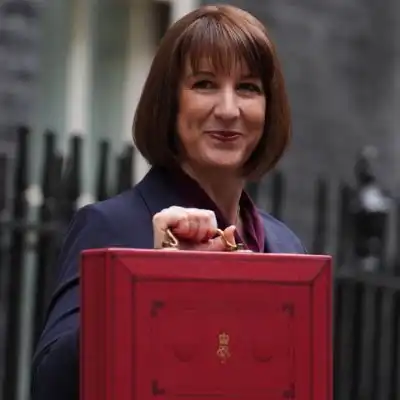An advert for Twix has been banned for promoting unsafe driving. The commercial, released at the end of March, featured a long-haired driver in 70s-style clothing involved in a high-speed car chase in a caramel-coloured vehicle.
During the chase, the driver takes a sharp turn and loses control, sending the car off the edge of the road. The vehicle flips several times before coming to rest at the bottom of a cliff. When the scene cuts to the wreck, there are now two identical cars stacked on top of each other — mimicking the shape of a Twix bar. As the cars drive off into the sunset, a Twix bar falls from each sunroof, highlighting the brand’s slogan: "two is more than one."
The Advertising Standards Authority (ASA) ruled that the advert "must not appear again in its current form," saying it condoned dangerous driving. While acknowledging the ad’s fictional tone, the ASA said aspects of it appeared to breach the Highway Code. The watchdog pointed to the emphasis on speed, the fast-paced music, and visible skid marks on the road as contributing factors.
Mars-Wrigley, which owns Twix, defended the advert as a "cinematic presentation" set in an exaggerated, unrealistic world. The company argued that the cars were shown driving at legal speeds and that the scenes were designed to reflect safe, controlled driving within the context of fantasy.
Mars-Wrigley, which also owns brands like Celebrations and Maltesers, said Twix is known for its playful humour, which was reflected in the ad’s surreal approach.
Clearcast, the independent organisation responsible for approving TV ads in the UK, supported Mars-Wrigley. It said the advert did not suggest that safe driving is boring or encourage viewers to drive dangerously.
However, the ASA’s final ruling instructed Mars not to produce ads that "condone or encourage irresponsible driving" or feature scenes likely to break the Highway Code.
A spokesperson for Mars Wrigley UK said:
"We always take pride in maintaining high standards across all our communications. Every advert we produce goes through the appropriate approval channels. In our view, this advert was clearly fantastical and not intended to be seen as realistic or imitable. Nevertheless, we take our responsibilities as advertisers seriously and are reviewing the ASA’s ruling carefully so we can work towards a resolution."




